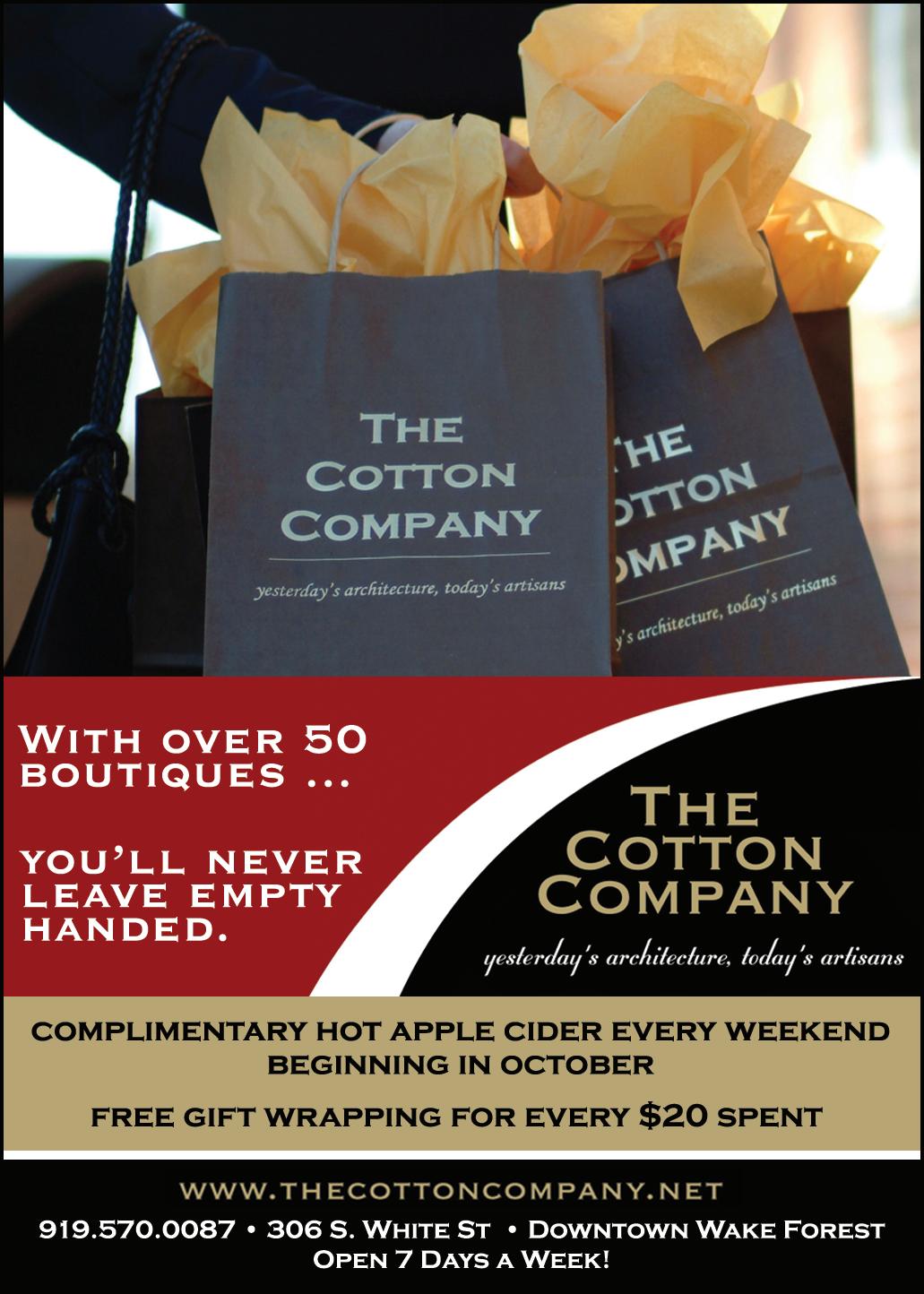
3 minute read
Don’t Sugarcoat The Truth Is Sugar Really That Bad For Your Teeth?
BY DR. MACON SINGLETARY
DON'T SUGARCOAT THE TRUTH
IS SUGAR REALLY THAT BAD FOR YOUR TEETH?
Halloween – the time when children enjoy the sweet joy of chocolate and gummies, caramel, and taffy (and us parents, too, when we sneak a few treats from their trick-or-treat bags). Thanksgiving – the time we can savor the delicious satisfaction of warm apple and pumpkin pie nibbles. Christmas –the time when cakes and cookies baked with love abound.
This time of year is full of fun and festivities, but it’s also a season full of sugar. So what does all this prospective sugar intake mean for our oral health?
It may surprise you to learn that sugar itself is not bad for your teeth. Instead, it is the body’s reaction to sugar that can wreak havoc on your oral health. Sugar feeds oral bacteria that excrete tooth-damaging acids. In fact, studies show that sugar consumption may be the most important risk factor for dental caries (tooth decay). These acids break down important minerals that are supposed to strengthen the teeth, and this demineralization process ultimately causes sensitive teeth, caries, and even tooth loss. Worse, sugar-loving bacteria encases teeth in a slimy film (AKA plaque) to surround and protect itself, allowing this bacteria to multiply unimpeded on the tooth surface. So what can you do to prevent this harmful process?
The simplest answer is to eat less sugar. By reducing sugar consumption, you minimize bacteria’s opportunity to begin dissolving tooth enamel. Not every sugar is made equally, however.
All sugars – added/refined, glucose, fructose, and lactose – feed oral bacteria to varying extents. Sugars exist in a variety of substances, but added sugars, like those that exist in cakes, candies, and sodas, are worse than natural sugars found in foods such as fruit, bread, and milk. For instance, added sugars found in sticky and slowly-dissolving foods – such as toffee, caramel, and hard candies – cling to the teeth much longer, causing more serious damage. Also, sodas and sugary juices contain massive amounts of refined sugars and acids that damage tooth enamel. Added sugar also imbalances the natural proportion of sugar to food, making it harder for the body to combat bacteria-secreted acids.
Maintaining your oral health consistently is crucial to combatting oral breakdown. It is imperative to brush your teeth thoroughly to remove sugar. Doing so prevents oral bacteria from acid secretion and plaque formation. Don’t forget to floss too, because brushing only removes 50% of the bacteria from your mouth. And whenever possible, replace sticky, syrupy, and acidic refreshments with foods and drinks containing naturally occurring sugars. This is especially important if you are in a situation like a work event or




social occasion where you will not be able to brush or floss right after consumption. Because sugar-loving bacteria, when not removed promptly, releases corrosive acids and produces damaging plaque, swap out sugary substances when you can. When you are in a situation where brushing right away isn’t an option, be sure to drink plenty of water. This simple step helps to gently rinse food particles and bacteria from your mouth. It also helps you to produce saliva, which is a natural defense against tartar and makes it more difficult for bacteria to stick to the surface of the teeth.
It’s okay to satisfy your sweet tooth once in awhile – you don’t need to feel guilty when you chew a few of those Halloween candies, nibble a couple bites of Thanksgiving pie, or sample several Christmas cookies. These sweet treats are part of our holiday traditions, and shouldn’t have to be skipped just so you can tend to your teeth. What matters are the subsequent steps taken to counteract the damage prompted by them. Just because it’s the holiday season doesn’t mean that your oral health has to suffer. So go ahead and enjoy all that this joyful time of year has to offer, sweet treats included ... just be sure to properly care for your teeth afterwards.
Dr. Macon Singletary, periodontist at North Raleigh Periodontics, is a diplomate with the American Board of Periodontology, and has been improving smiles in the Raleigh area for over 25 years. For more information, visit northraleighperio.com or call 919-518-8222.












